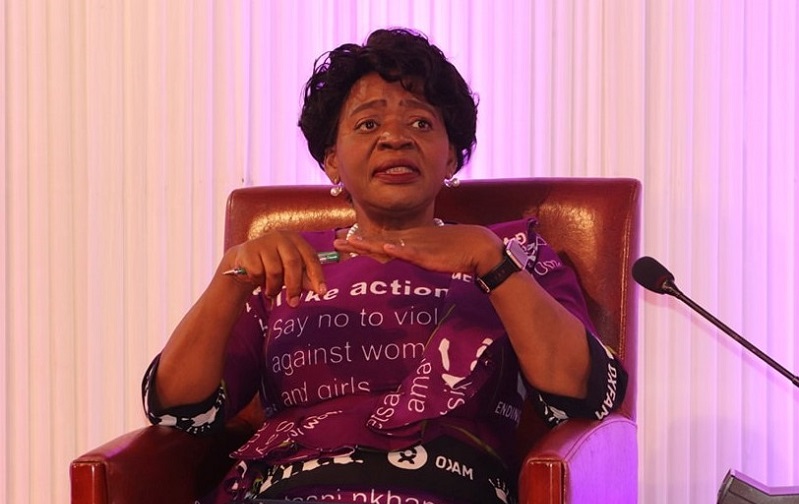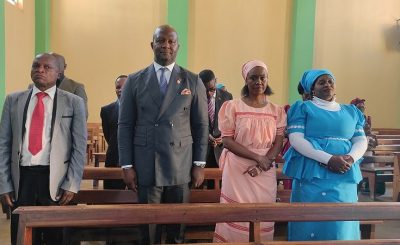The Ministry of Health says stigma associated with infertility is one major contribution factor of gender based violence perpetrated against women in the country.
This was disclosed on Wednesday in Lilongwe during a high-level dialogue on elimination of infertility stigma and associated gender-based violence in Malawi, where it was revealed that 20% of women between 15 and 29 years in the country are faced with the infertility problem.
Director of Sexual Reproductive Health in the Ministry, Dr. Fannie Kachale, said the limited access to infertility services in the country is also a major challenge.
She said: “It is our goal to achieve all health-related sustainable goals, as a ministry we strive to provide comprehensive quality health services to our communities.”
She added: “A woman with infertility is subjected to discrimination and gender-based violence, and one of the challenges in dealing with this problem is limited access to infertility services in Malawi. We have the skill and little knowledge, but we need more trained people to assist infertile couples. We need concerted efforts on this.”
On her part Minister of Gender Patricia Kaliati emphasized on the need for a mindset change in men and women to work together in fighting infertility and gender-based violence at domestic level.
She also called for strengthened stakeholder relation, policies and programs towards ending GBV saying they are very key in the fight.
UNFPA Country Representative, Nelida Rodriguez reaffirmed UNFPA’s commitment towards holistically destigmatizing infertility and integrating it into sexual reproductive health rights programmes.
First lady Madame Monica Chakwera said there is need to enhance psychological and financial support for GBV survivors to enable them to be empowered and independent.
She also underscored the importance of engaging young girls in issues of infertility and GBV prevention.
The Dialogue has brought together various stakeholders including Traditional leaders, religious leaders, Policy makers, GBV survivors and partner organizations.





